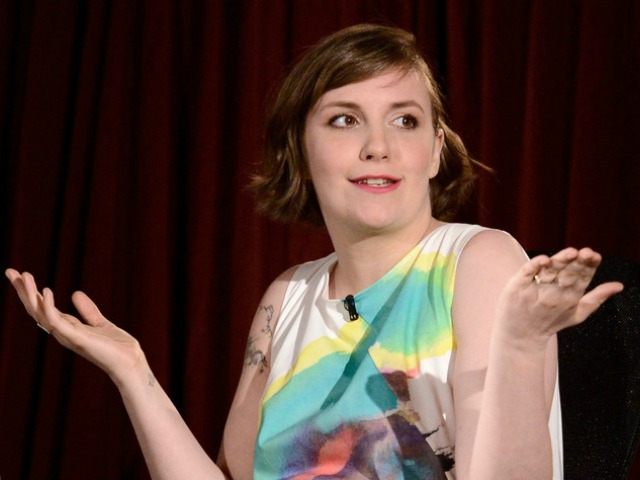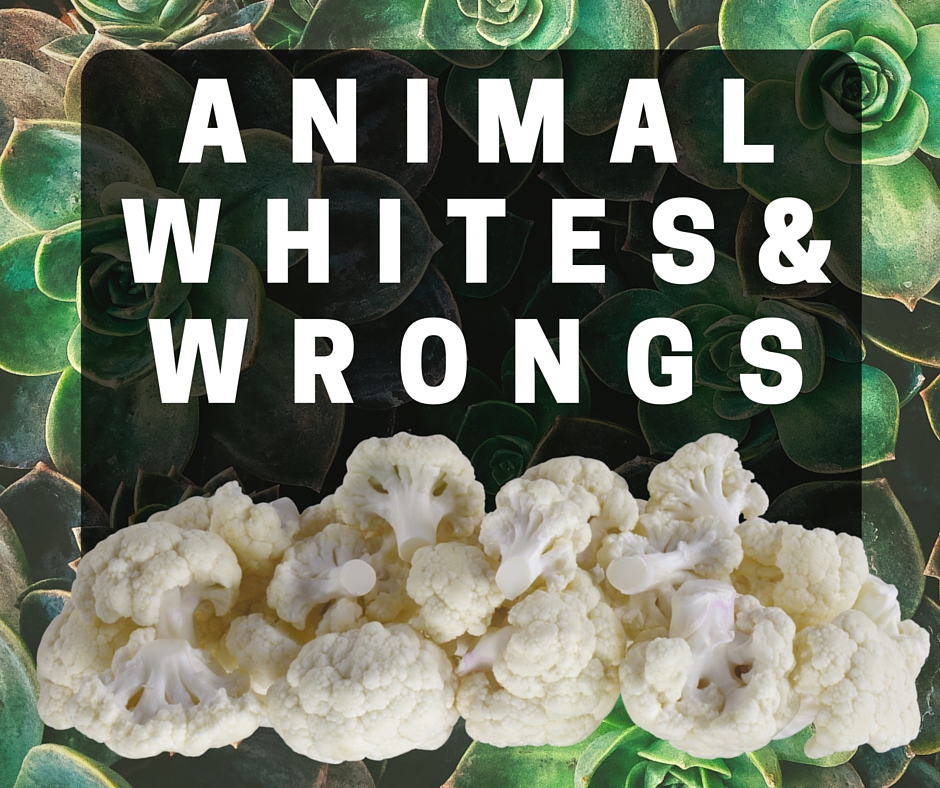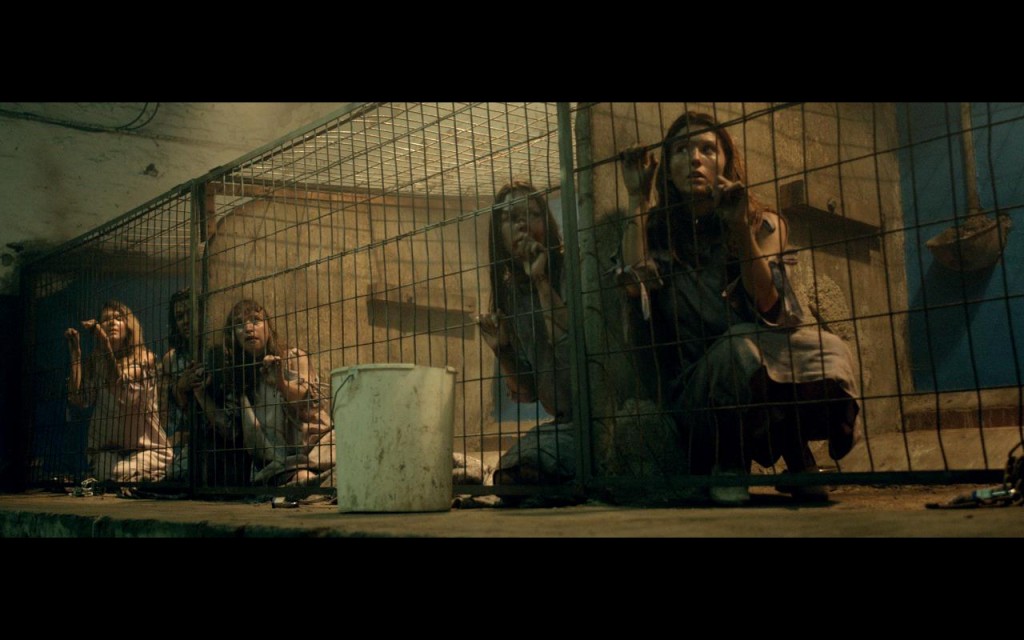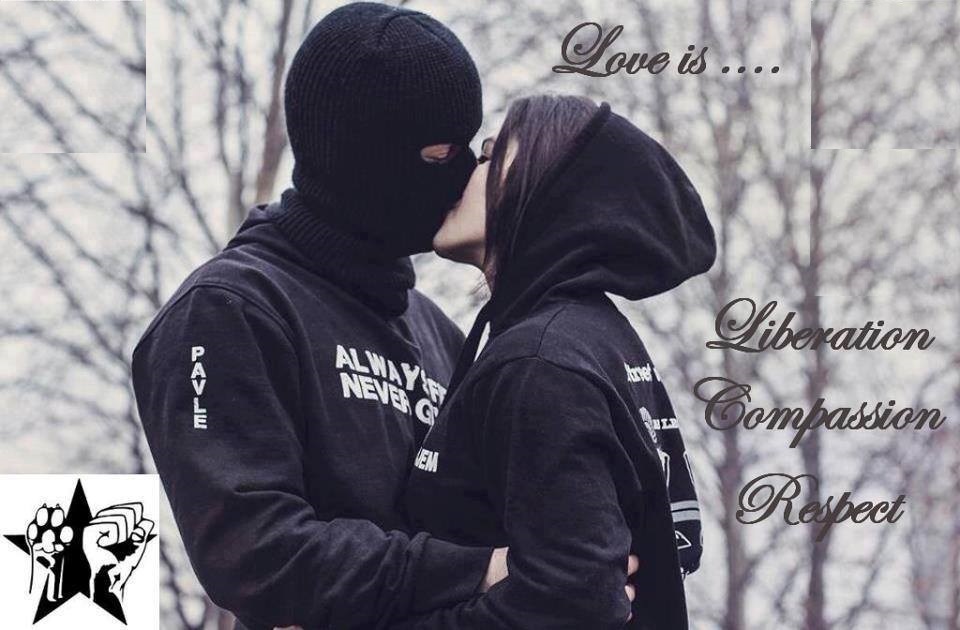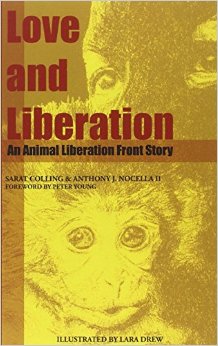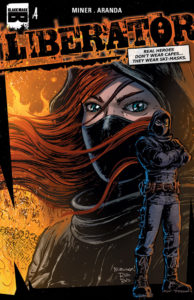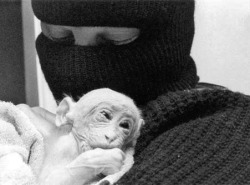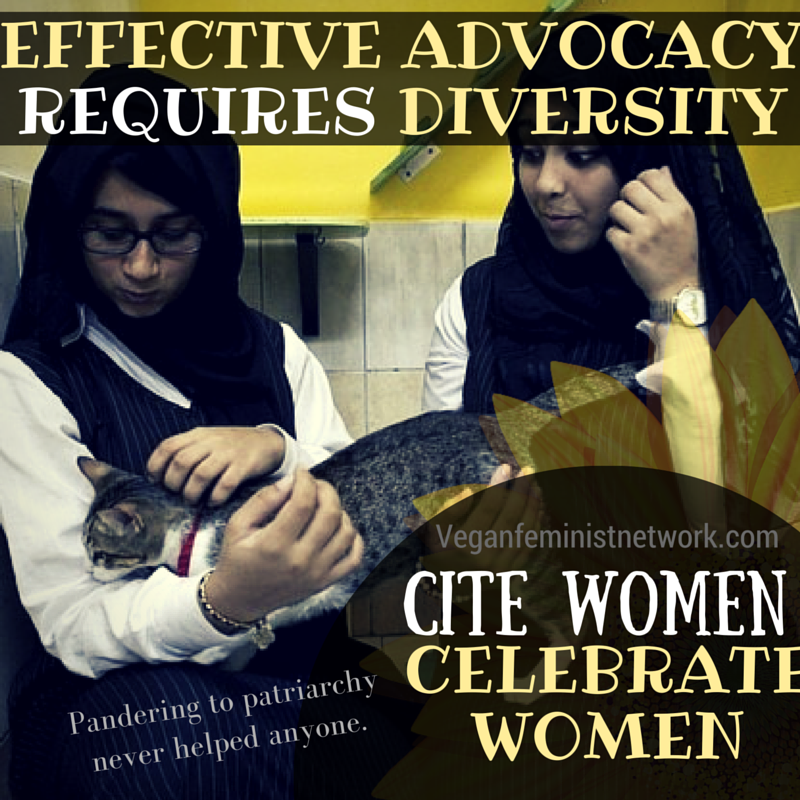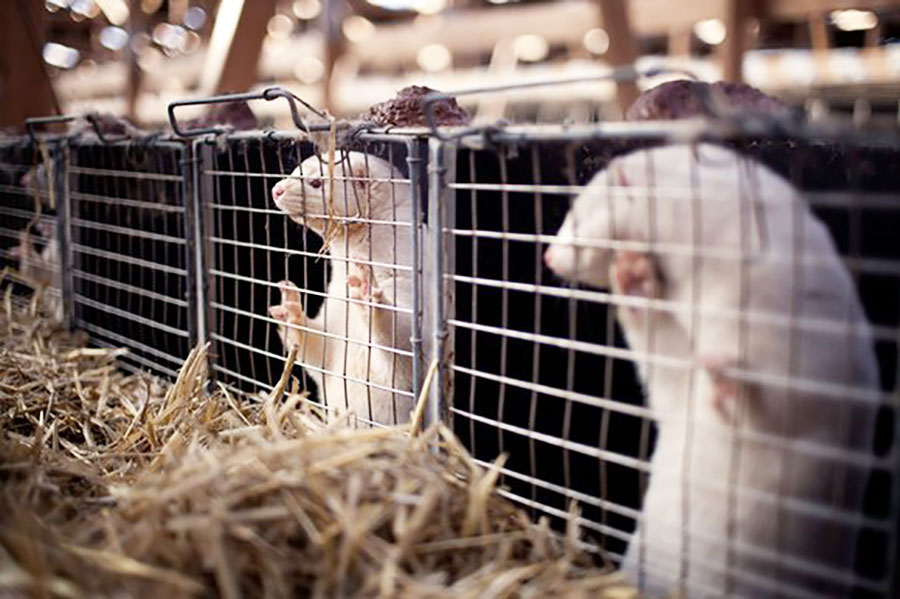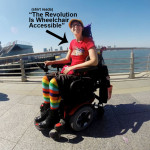Single-issue campaigns are sustained protests that focus only on one particular form of speciesism such as banning horse carriages or resisting badger “culls,” and they are the darling of the Nonhuman Animal rights movement. In a deeply speciesist society where violence against other animals appears unceasing in its cruelty, activists understandably feel overwhelmed and may rationalize that snipping at the low hanging branches of speciesism is the most realistic approach. They may even suppose that the marginal reforms sometimes achieved may make life in hell a trifle less miserable for vulnerable animals. However, there are a number of problems with single-issue campaigns.
As explored in an article I have published in the peer-reviewed academic journal Food, Culture & Society and Chapter 3 of my book, A Rational Approach to Animal Rights, single-issue campaigns are inherently speciesist. They rely on a human-created hierarchy of worth that privileges some species over others in presuming that a focus on those animals who are already specially favored is the best bet to eliminate some forms of speciesism altogether (such as dog fighting or exploiting elephants in circuses). Sometimes they seek to bring attention to less favored species, such as chickens and cows, but, in these cases, the campaigns focus only on reforming the industries with the presumption being that the public would never care enough about chickens or cows to support their full liberation. Thus, activists tend to advocate for the abolition of speciesist industries that impact very favored animals and the modification of speciesist industries that impact less favored animals, but generally ignore altogether the most marginalized of species (such as fishes and “pest” animals).
There is limited evidence to the effectiveness of single-issue campaigns, but the majority of the movement’s resources are funneled into them, starving foundational vegan education of much needed support. Elephants in some circuses have been banned, only to be moved to “breeding” facilities and replaced by camels. Orcas may be on the way out of sea parks, but dolphins, seals, and other prisoners quickly fill this vacancy. More chickens may be raised in “cage-free” facilities, but the demand for their eggs and flesh remains unchanged by a public whose conscience is assuaged by slick industry advertisements keen to promote this “healthful” and “humane” added-value to their products. Picking and choosing oppressions leaves many in the lurch. Veganism creates a much needed anti-speciesism framework to encapsulate the needs of all species, but the movement stigmatizes vegan education in favor of more glamorous, high-impact, and advertisable single-issues.
By singling out particular species as especially worthy of movement resources and public compassion, the Nonhuman Animal rights movement reinforces speciesism. It supports the notion that some species are more important and deserving than others. A movement that loads attention and resources on already privileged species is one that engages inequality to combat inequality. In this way, it is remarkably similar to the feminist movement’s infamous problem with white privilege (also known as “white feminism“). Rather than fight for women as a whole, in all their diversity, the movement funnels its efforts into already privileged middle-class white women. Historically, white women have been feminism’s equivalent to the “low hanging branch” that orcas, elephants, dogs, and cats occupy in the anti-speciesist imagination.
I support a veganism that is inclusive of all species just as I support a feminism that is inclusive of all women. I back up this attitude in promoting only holistic, education-based vegan approaches to anti-speciesism. Veganism is a political position that opposes the institutional oppression of other animals. All animals. Veganism is adulterated when it is skewed toward the interest of whales, shelter animals, and other cute and cuddlies. Yes, these species matter, too, but prioritizing them is a cruel injustice when the most oppressed and ignored species are counting on humans to be their allies and break down those exploitative institutions that bind them.
“White feminist” single-issue campaigning isn’t coherent, and it won’t be effective. Feminism can only go so far when it focuses on the interests and needs of white women, because it ignores the root causes of oppression and the ways in which difference manifests among those who are oppressed. Feminists may find themselves in trouble when they advocate for white women under the guise that their more easily won gains will trickle down to women of color, as it is completely illogical. Securing rights for well-to-do white women will in no way ensure that other women will be liberated from their racially-defined sexism. Closing the pay gap for “women” (as measured by white women’s status) ignores how race intersects to restrict pay and opportunities for Latina and Black women, for instance. White women, Latina women, and Black women are all women, of course, but how they experience womanhood and sexism differ considerably. Because of white privilege, what works to advance white women’s interests will not necessarily work to advance that of women of color. The “trickle-down” tactic undermines the very essence of feminism and only further marginalizes those who could benefit the most from feminist advocacy. When the Nonhuman Animal rights movement insists on prioritizing relatively privileged Nonhuman Animal species, it commits this same injustice to unpopular species.
A mouse does not go through a human-privileging society as a cat or dog would. Like white feminists, vegan activists would benefit from acknowledging this difference in experience across a wide diversity of species by committing to inclusive vegan-centric activism. Vegans demonstrate a clear intersectional failure when they presume all species will benefit from the promotion of those species already relatively privileged in human society. #OrcaVeganism
Single-issue campaigns are promoted by the movement (large, professionalized non-profits and their elite leaders in particular) because of their fundraising capacity, not their liberatory potential. Unfortunately, movement elites are able to frame their capitalist agenda (corporate growth) as congruent with a very anti-capitalist one (the liberation of the oppressed). Activists, who look to these elites as experts, take their single-issue rationales at face value. Non-profits benefit from endless campaigning and relatively insignificant tweaks to a speciesist system because they fail to offend the industries and state that support them. Single-issue campaigns keep the cash flowing while still presenting a semblance of meaningful action for other animals.
Single-issue campaigns support the very hierarchy of worth that vegans (and feminists) claim to reject. So why are activists still defending them? Perhaps it is no accident that the Nonhuman Animal rights movement’s ranks are dominated by white women. As women, they certainly understand what it is like to be disadvantaged in a patriarchal society, but as white women, they are much less likely to consider how privilege manifests even among the oppressed. White feminism allows white women to focus on the most privileged of the unprivileged, and single-issue campaigns replicate this very problem. As with feminism, veganism must nurture a framework that acknowledges and respects differing oppressions. It must be cognizant of privilege. More importantly, it must not replicate inequality in its allocation of attention and resources.
Readers can learn more about the problems with single-issue campaigning in my 2016 publication, A Rational Approach to Animal Rights.
 Dr. Wrenn is Lecturer of Sociology. She received her Ph.D. in Sociology with Colorado State University in 2016. She received her M.S. in Sociology in 2008 and her B.A. in Political Science in 2005, both from Virginia Tech. She was awarded Exemplary Diversity Scholar, 2016 by the University of Michigan’s National Center for Institutional Diversity. She served as council member with the American Sociological Association’s Animals & Society section (2013-2016) and was elected Chair in 2018. She serves as Book Review Editor to Society & Animals and has contributed to the Human-Animal Studies Images and Cinema blogs for the Animals and Society Institute. She has been published in several peer-reviewed academic journals including the Journal of Gender Studies, Feminist Media Studies, Disability & Society, Food, Culture & Society, and Society & Animals. In July 2013, she founded the Vegan Feminist Network, an academic-activist project engaging intersectional social justice praxis. She is the author of A Rational Approach to Animal Rights: Extensions in Abolitionist Theory (Palgrave MacMillan 2016).
Dr. Wrenn is Lecturer of Sociology. She received her Ph.D. in Sociology with Colorado State University in 2016. She received her M.S. in Sociology in 2008 and her B.A. in Political Science in 2005, both from Virginia Tech. She was awarded Exemplary Diversity Scholar, 2016 by the University of Michigan’s National Center for Institutional Diversity. She served as council member with the American Sociological Association’s Animals & Society section (2013-2016) and was elected Chair in 2018. She serves as Book Review Editor to Society & Animals and has contributed to the Human-Animal Studies Images and Cinema blogs for the Animals and Society Institute. She has been published in several peer-reviewed academic journals including the Journal of Gender Studies, Feminist Media Studies, Disability & Society, Food, Culture & Society, and Society & Animals. In July 2013, she founded the Vegan Feminist Network, an academic-activist project engaging intersectional social justice praxis. She is the author of A Rational Approach to Animal Rights: Extensions in Abolitionist Theory (Palgrave MacMillan 2016).
Receive research updates straight to your inbox by subscribing to my newsletter.


